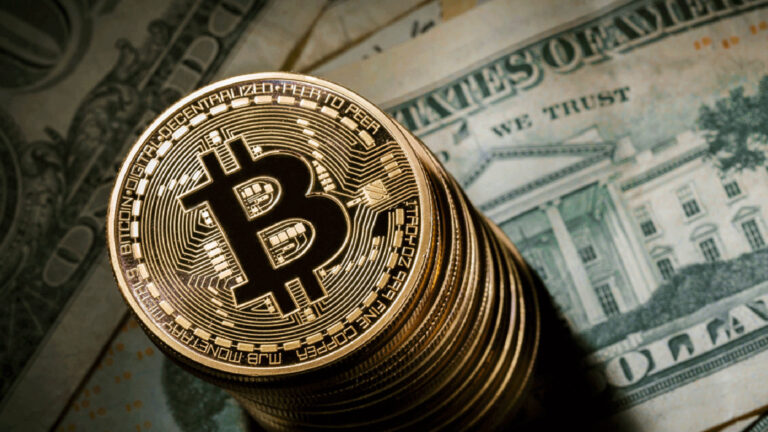South Korea’s Democratic Party presidential candidate, Lee Jae-myung, has made cryptocurrency a cornerstone of his campaign platform, promising to legalize spot cryptocurrency exchange-traded funds (ETFs) and implement stronger investor protections if elected.
With the June 3 election fast approaching, Lee is focusing on winning support from younger voters—many of whom are turning to digital assets in the face of high real estate prices and volatile stock markets. In a May 6 social media post, Lee emphasized the importance of helping young people “build assets and plan for the future,” outlining his plan to make crypto investment both safer and more accessible.
Lee’s proposed policies include legalizing spot crypto ETFs, establishing a unified regulatory body to oversee digital assets, and increasing market transparency. He also vowed to lower trading fees and reform existing regulations, signaling a broader push to make crypto a mainstream and stable investment channel for the general public.
These pledges position Lee among a growing number of South Korean politicians vying for the support of the country’s estimated 16 million crypto users—roughly 36% of the electorate. Recognizing the influence of this voting bloc, both major political parties have unveiled crypto-focused agendas ahead of the election.
The Democratic Party has enlisted token securities expert Professor Kim Yong-jin to help shape its digital asset policy, and a party lawmaker recently introduced a bill titled the Digital Asset Promotion Basic Act.
Meanwhile, the ruling People Power Party has outlined its own ambitious strategy for the crypto sector. In April, the party announced a seven-part plan that includes the approval of spot Bitcoin ETFs in 2025, scrapping the one-exchange-one-bank rule, enabling institutional crypto trading, and creating a stablecoin regulatory framework aligned with international standards.
Representative Park Soo-min of the People Power Party recently underscored the urgency of crypto ETF approval, noting that South Korea is falling behind jurisdictions like Hong Kong and the United States. The party has also proposed establishing a special crypto committee under its presidential candidate, Kim Moon-soo, who has criticized the lack of safeguards for digital asset investors.
As digital assets continue to reshape financial habits in South Korea, both major parties are betting on crypto as a key issue that could sway a significant portion of the electorate.


